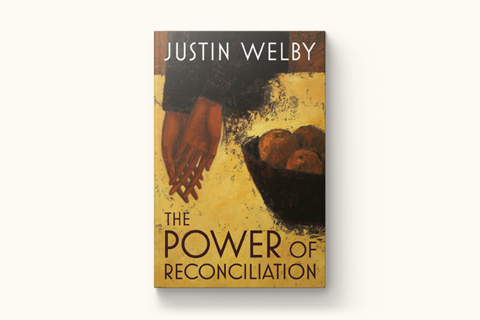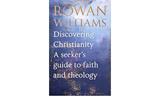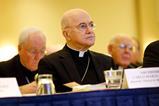
A new book from the Archbishop of Canterbury is always going to be a notable event. Previous holders of this office have published somewhat impenetrable books, so it is a pleasant surprise to find Archbishop Justin’s prose to be approachable and perspicuous.
The book is all about conflict, exploring the personal, local, national, and international aspects of how and why we disagree and, most importantly, how we can find reconciliation and build peace. It doesn’t shy away from the real-world suffering experienced by people across the world, from the introduction recounting the suffering from the Siege of Stalingrad in 1942 to recent events such as ISIS attack and Ebola outbreaks in Africa.
The Power of Reconciliation is divided into three main sections – the first asking ‘what is reconciliation’, the second providing practical examples for reconciliation and conflict resolution, and the third encouraging action and reflection.
It’s disappointing to see the conflict with the environment has been neglected and does not feature in these pages. Surely the conflict between the climate-change denial movement and environmental activists is one of our most urgent and pressing needs for which a solution and way forward needs to be found?
The book was clearly written before the current Ukrainian conflict, so we aren’t able to hear the Archbishop’s take on how reconciliation works when there is a clear aggressor and victim, as is seen in this war.
These observations apart, it is good to see prominent leaders in the Church take on the hard topics like this. The Church is called to be a peacemaker in a troubled world and The Power of Reconciliation is an excellent tool to help us all work towards that.







































No comments yet